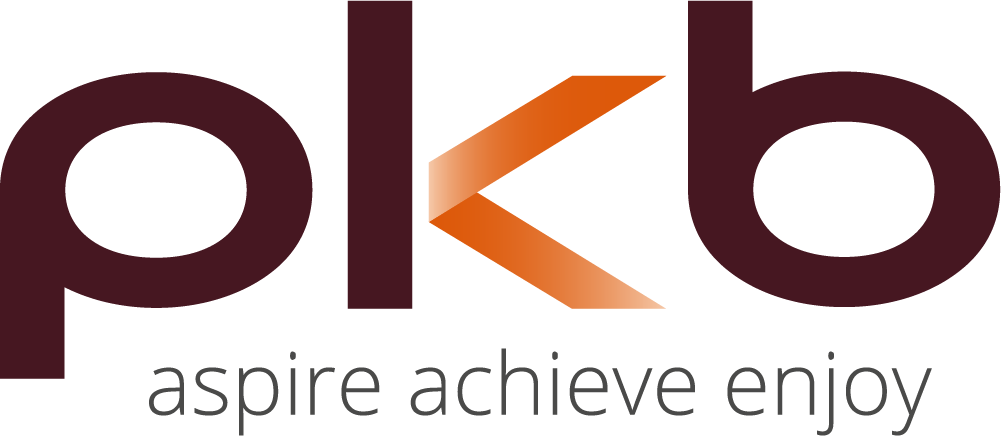On Wednesday 8 July, Rishi Sunak announced a number of new measures which have been introduced in a bid to give the UK’s economy a much-needed boost.
From a stamp duty holiday to VAT cuts and extra support for employers, the mini-budget has focused on trying to get the country up-and-running again following COVID-19.
Below we share everything you need to know about the mini-budget and how it might affect you. If you have any questions or concerns, please don’t hesitate to get in touch.
Important information
Please note that this document is solely for information purposes and nothing in it constitutes advice or a recommendation. You should not make any decisions based on its content.
While considerable care has been taken to ensure the information in this report is accurate and up-to-date at the time of distribution, some of the content, dates and deadlines may be subject to future change.
No warranty is given as to the accuracy or completeness of any information in this document, which is based on our understanding in respect of which specific implementation details may change when the final legislation and supporting documentation is published.
The housing market
There were a number of measures mentioned in Sunak’s budget which have been designed to help stimulate the housing market.
Green Homes Grant
A green homes grant will provide a minimum of £2 for every £1 that property owners, including landlords, spend on making residential properties more energy efficient. This will be up to a maximum of £5,000 per household.
Lower income households will be able to claim up to £10,000 under the same scheme, fully funded.
Stamp duty holiday
Dominating the headlines has been the temporary stamp duty holiday.
The move aims to help buyers who have taken a financial hit due to COVID-19 while also stopping house prices falling further.
With immediate effect, the lower threshold at which stamp duty tax is paid has been temporarily raised from £125,000 to £500,000 until next spring.
This means that most property purchases in England and Northern Ireland below £500,000 will not need to pay stamp duty land tax as long as the deal is completed before 31 March 2021. The Treasury said almost nine in ten people buying a main home will not pay stamp duty until next April.
The 2% threshold, which kicked in from over £125,000 to £250,000, no longer applies until 1 April 2021.
At the time of writing, this measure does not apply to land transaction tax in Wales or land and buildings transaction tax in Scotland.
Please note that the stamp duty land tax changes only apply on the transfer of residential properties in England and Northern Ireland. Tax is only payable on the part of the property price within each band (see table below).
The temporary changes announced by the Chancellor also affect first-time buyers, who previously paid nothing on the first £300,000 for properties worth up to £500,000 while a rate of 5% applied between £300,000 and £500,000.
Someone who wishes to buy a second home would not pay stamp duty land tax up to £500,000 but would still be liable to pay the 3% surcharge on the whole purchase price.
8 July 2020 to 31 March 2021 | Rate | 6 April 2020 to July 2020 | Rate |
| Up to 500,000 | 0% | Up to £125,000 | 0% |
| Over £500,000 to £925,000 | 5% | Over £125,000 to £250,000 | 2% |
| Over £925,000 to £1.5m | 10% | Over £250,000 to £925,000 | 5% |
| Above £1.5m | 12% | Over £925,000 to £1.5m | 10% |
| Above £1.5m | 12% | ||
| Source: HM Treasury |
VAT cut in hospitality and tourism sectors
The Chancellor also announced a temporary cut to the standard rate of VAT for food, accommodation and attractions.
From 15 July 2020 to 12 January 2021, the standard rate of VAT of 20% will be cut to 5% on supplies of food and non-alcoholic drinks from pubs, restaurants, cafes and similar venues.
This will also apply to supplies of accommodation and admission to attractions across the UK
This move aims to stimulate consumer demand and protect more than 2.4 million jobs in the hospitality sector. To work out the VAT on a gross payment, the VAT fraction will be 1/21.
Providing businesses pass the VAT cut on to consumers, goods and services in the hospitality and tourism sectors will cost less.
The remaining question is whether these measures are enough to get people spending in large enough numbers, when so many are still facing uncertainties in relation to their own jobs and financial security.
This seemingly simple tax measure will lead to more complexity for many of the businesses it affects. Small businesses using the VAT flat rate scheme may now need professional advice to work out whether the scheme is still worthwhile. At this point, no indication has been given as to whether the flat rate percentage rates will be reduced accordingly as well.
The reduction is also likely to cause problems for bookkeepers, as applying the new rate is not as straightforward as it would seem. For example, the original rate may have been applied if payment was made in advance of 15 July, and credit notes against old invoices will still need to apply the original 20% VAT rate.
All this means additional care needs to be taken. In particular, businesses that use the cash accounting scheme may need to manage the timing differences of VAT, at both 20% and 5% for many months.
For example, if receipts are not allocated against unpaid invoices as they’re entered, you may need to be mindful that the software is accounting for the receipts at the correct rate.
Cash registers and electronic tills may also need to be reprogrammed before next Wednesday – _another task for businesses already struggling to keep pace with changes necessary to operate safely.
Looking ahead, there may be cashflow problems for businesses that have not set aside their VAT, which will struggle to pay the 20% VAT due for VAT quarters up to 30 June 2020 by 7 August 2020, while only collecting 5% from their customers.
HMRC is expected to issue further guidance over the next few days, which will hopefully provide more clarity.
Grants and support for employers
Billed as a ‘plan for jobs,’ the Chancellor’s speech included several measures to give employers an incentive to retain some of the UK’s 9.4 million furloughed staff as well as create new roles.
Furlough bonus scheme
A new job retention bonus comprises a one-off payment of £1,000 to any UK employer who brings a furloughed employee back to work and keeps them in continuous employment until the end of January 2021.
Those employees must earn, on average, above the lower earnings limit of £520 per month, with grant payments being made from February 2021.
New opportunities for under-25s
The Chancellor also announced a £2bn ‘kick-start scheme’ to create more jobs for young people.
The fund will subsidise six-month work placements aimed at people on Universal Credit aged between 16 and 24 and at risk of long-term unemployment.
The Government will cover 100% of the national minimum wage for up to 25 hours per week, plus associated employer National Insurance contributions and workplace pension contributions made by employers.
Apprenticeship boost
To encourage more firms to take on apprentices, the Government has introduced a new payment of £2,000 for each new apprentice under the age of 25 in England, and £1,500 for each new apprentice older than that.
This will run from 1 August 2020 to 31 January 2021 and comes on top of existing apprenticeship grants.
Vouchers and discounts
Sunak announced that the Government will underwrite dining-out discounts in August, with up to 50% off bills from Monday to Wednesday, up to £10 per head.
There were no economic forecasts from the Office for Budget Responsibility or major long-term tax decisions. These are on hold until what looks like a huge Autumn Budget and subsequent spending review later in the year.
If you have any questions about any of the topics discussed in Sunak’s budget, please don’t hesitate to get in touch with PKB.
To read news and blogs from Rebecca Austin, click here >>


